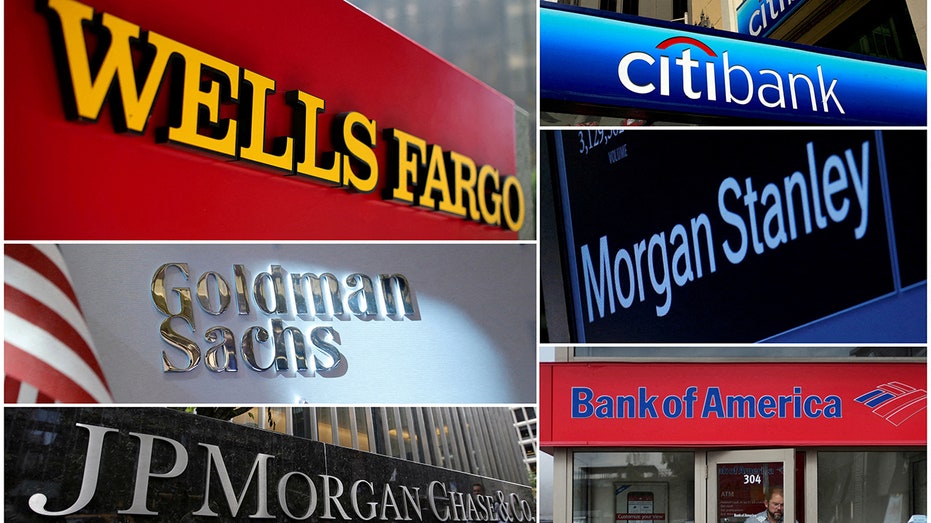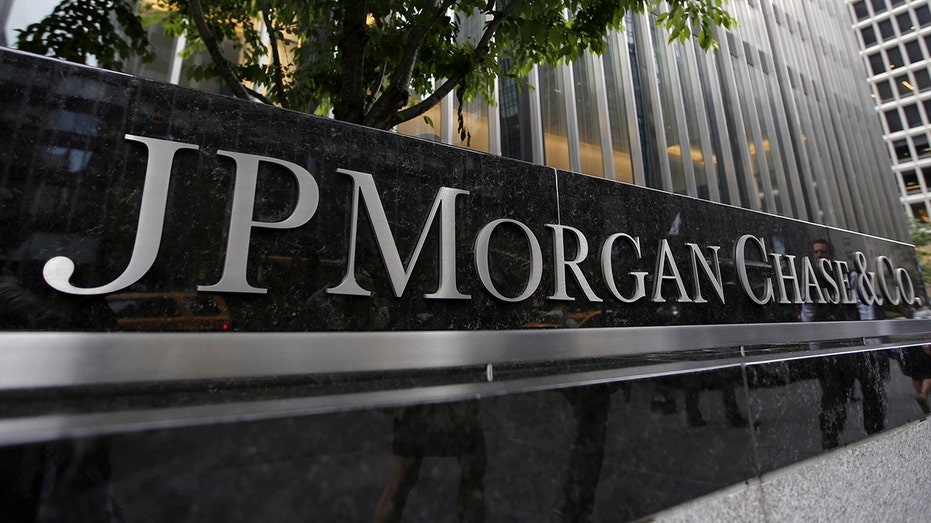Mark Carney says global recession risk is ‘uncomfortably high,’ but Canada likely to fare better than most other countries
The former governor of the central banks of Canada and England says the risk of a recession in the United States and globally is “uncomfortably high,” but that Canada is likely to fare better in a slowdown than most other countries.
Mark Carney predicted the severity of an economic malaise, which could begin within the next year, won’t match the one that was triggered by the financial crisis that began in 2008.
“That recession, if it comes, will be relatively mild. This isn’t 2008, for [the U.S.], but it’s also not 2001 either,” Mr. Carney said at an Alberta Relaunch conference in Calgary. That year, the dot-com bust sideswiped stock markets and helped trigger a recession
A slowdown won’t be as painful as the last global one because there aren’t the same imbalances in the U.S. economy. The banks are not in as precarious a situation, and there is not the same oversupply of houses and cars. At the same time, consumer finances are in better shape than they were in 2008, he said.
“People are starting to be crimped, but, on the whole, they are not over their skis in debt,” Mr. Carney said.
However, he said, a new recession may be worse than the one that accompanied the dot-com crash when central banks were better positioned than today to “flood in support” to limit the damage. In addition, at that time the world was in the process of liberalizing trade, which helped the situation, he said.
Mr. Carney was governor of the Bank of Canada during the 2008-2009 crisis, and one of the levers that central bankers of the era used to lessen the shock stemming from the global credit crunch was to slash interest rates.
Today, central banks, including Canada’s, are increasing rates in an attempt to tame inflation that has climbed to multidecade highs, and that is raising fears of recession as consumers and businesses cut spending to deal with surging prices.
Mr. Carney is now United Nations Special Envoy on Climate Action and Finance. In that role he has spearheaded efforts to get the world’s major banks, insurers and asset managers to align their investment strategies with the goal of moving the world to net-zero carbon emissions by 2050. That coalition now comprises 500 institutions with more than US$130-trillion of assets. He also co-manages an energy transition impact fund for Toronto-based Brookfield Asset Management.
Today, Canada, and Alberta in particular, can take advantage of global energy systems that are shifting to lower-carbon sources tobuoy our economy, Mr. Carney said. He said Alberta’s energy sector was early in exploring technology to decarbonize oil and gas production, and is now making strides. As an example, he cited major oil sands producers that have banded together to implement carbon capture, utilization and storage and other technology in efforts to reduce emissions.
Interest rates and inflation are closely linked, which is why the Bank of Canada has been pushing up its key rate to try and keep inflation to a target of 2%. But it’s a careful balance between controlling inflation and not tipping the economy into a recession.



